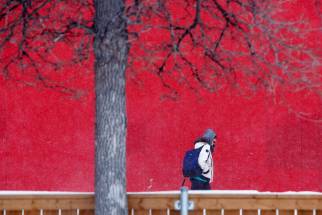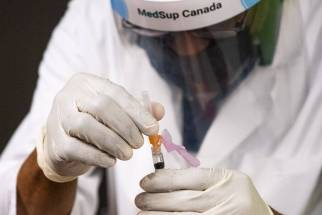‘New normal,’ new fears Vulnerable Manitobans feeling forsaken as premier, health officials lift pandemic protections in victory declaration
Read this article for free:
or
Already have an account? Log in here »
To continue reading, please subscribe:
Monthly Digital Subscription
$0 for the first 4 weeks*
- Enjoy unlimited reading on winnipegfreepress.com
- Read the E-Edition, our digital replica newspaper
- Access News Break, our award-winning app
- Play interactive puzzles
*No charge for 4 weeks then price increases to the regular rate of $19.00 plus GST every four weeks. Offer available to new and qualified returning subscribers only. Cancel any time.
Monthly Digital Subscription
$4.75/week*
- Enjoy unlimited reading on winnipegfreepress.com
- Read the E-Edition, our digital replica newspaper
- Access News Break, our award-winning app
- Play interactive puzzles
*Billed as $19 plus GST every four weeks. Cancel any time.
To continue reading, please subscribe:
Add Free Press access to your Brandon Sun subscription for only an additional
$1 for the first 4 weeks*
*Your next subscription payment will increase by $1.00 and you will be charged $16.99 plus GST for four weeks. After four weeks, your payment will increase to $23.99 plus GST every four weeks.
Read unlimited articles for free today:
or
Already have an account? Log in here »
Hey there, time traveller!
This article was published 02/03/2022 (1378 days ago), so information in it may no longer be current.
While many Manitobans prepare to get on with their lives, the most vulnerable to COVID-19 believe they’re in even greater danger as the province scraps all remaining restrictions.
Some people who are immunocompromised have told the Free Press they feel the Tory government ignored them when it sped up its plan to get rid of rules aimed at protecting all Manitobans.
They’ve avoided leaving home for weeks or months at a time because they’re at higher risk of serious illness or death, and they won’t change their cautious approach as the province shifts to what Premier Heather Stefanson has called a “new normal.”
Doctors Manitoba estimates more than half of Manitobans are at increased risk of severe illness from COVID due to more than 20 factors — from age and underlying health issues to obesity and smoking.
“It feels reckless to be removing all the restrictions without making sure the most vulnerable people in our community are as protected as we can be,” said Winnipegger Lindsay Wright, who has autoimmune disease and rheumatoid arthritis.
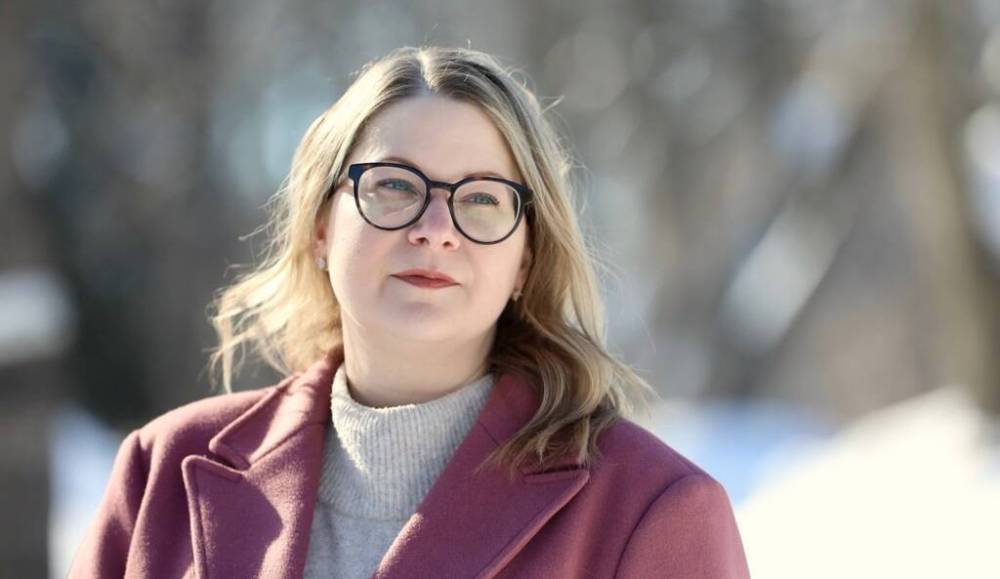
“We knew this was coming, but we don’t actually get to decide when we’re finished with the virus. The virus decides when it’s over.”
When the virus flares, Wright, 40, goes weeks without leaving her home and months without seeing people outside her family bubble.
She’s gone grocery shopping only twice since the pandemic started in early 2020, and has mostly been working from home.
Isolating at home doesn’t eliminate her risk. Her husband is a nurse and her teenage daughter goes to school.
The worst chapter, Wright said, was last spring when she and her husband lived in separate areas of their home, wore masks indoors and avoided being in a car together.
He was working on a COVID ward and she wasn’t yet eligible for a vaccine.
Wright has no plans to relax or change her routine now that the province has lifted capacity limits and proof-of-vaccination mandates, a move that allows unvaccinated people to visit public places, including restaurants, for the first time since September.
Health-care, daycare and education workers no longer have to show proof of vaccination or undergo regular testing. Critics argue this puts people with chronic medical conditions, the elderly, younger children who aren’t eligible for a COVID vaccine and the health-care system overall at risk.
The face-mask mandate will end March 15, a day before Wright is due to receive her fourth vaccine dose.
“I’ll be staying home for the next little while until I have booster antibodies,” said Wright, who works in marketing and advertising. “I’ll need to see how many people keep wearing masks in public places. We’re going to be extra-cautious and see how things play out.”
“I’ll need to see how many people keep wearing masks in public places. We’re going to be extra-cautious and see how things play out.” – Lindsay Wright
As it moves from the pandemic to an endemic response, Manitoba is also scrapping COVID case investigations and a rule requiring people who test positive to self isolate.
Dr. Jazz Atwal, the deputy chief provincial public health officer, said Wednesday people who are sick should stay home.
He said severe outcomes, hospitalizations and cases are trending downward.
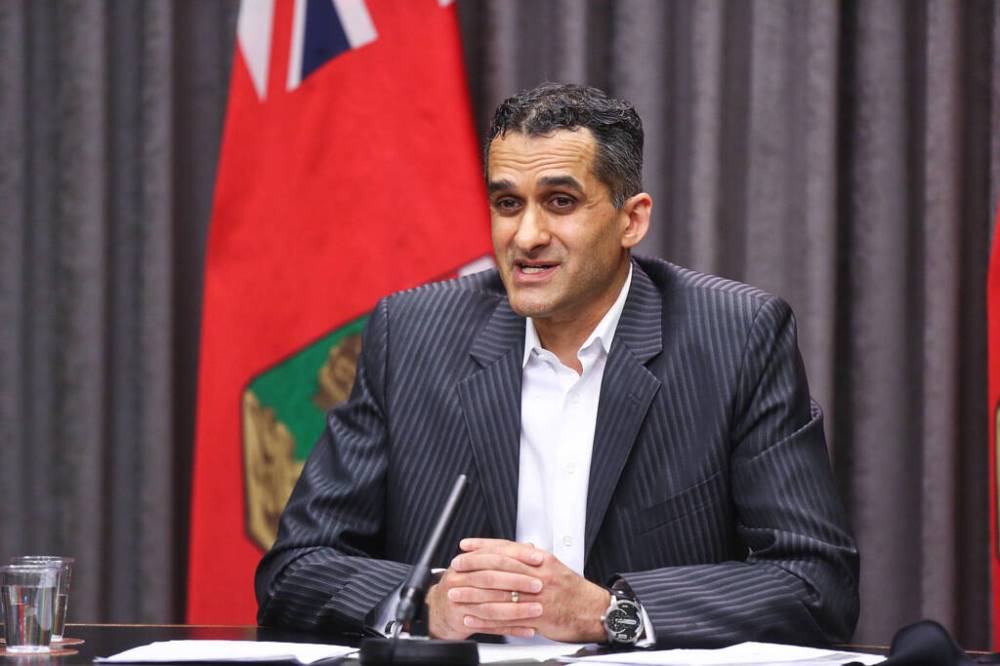
Immunocompromised people, however, have told the Free Press the province should keep restrictions until community transmission and COVID hospitalizations are lower.
They said the government has ignored warnings from health-care workers, and lacks data due to inadequate testing and contact tracing.
Jack, a double lung transplant who asked that his last name not be published, doesn’t go shopping because he’s worried about contracting the virus.
“It’s like being on an island by yourself sometimes,” said the 68 year old. “I think it’s hurtful the way they’ve (lifted restrictions). Those that didn’t follow the rules sort of won. They’re able to go back to their normal way of life, but I don’t have that option.”
His wife, Marian, 64, has been doing their grocery shopping and running errands.
“My fear is going out and bringing something home to him,” she said. “I would love to be able to let this fear go and know things are getting better.”
“My fear is going out and bringing something home to him (Jack)… I would love to be able to let this fear go and know things are getting better.” – Marian
When Stefanson and Dr. Brent Roussin, chief provincial public health officer, spoke to reporters Feb. 11, they suggested it was safe to ditch restrictions because the highly contagious Omicron variant, which fuelled the fourth wave, peaked in January and was subsiding.
“Manitobans have put their lives on hold, and it’s time that we give them their lives back,” Stefanson said that day.
But many vulnerable Manitobans feel their lives are still on hold and feel forgotten in government decisions, said Joelle Robinson, chair of the Manitoba League of Persons with Disabilities.
“Lifting those restrictions could have huge consequences for us,” said Robinson, a retired lawyer who has multiple sclerosis. “We are the last to be considered, but often the first to be affected. (The province) should listen to the science and the medical professionals, and not their poll numbers.”
If another wave overwhelms the health-care system, people with disabilities or chronic conditions might not have access to the care, procedures or services they need, Robinson warned.
On Feb. 2, Roussin acknowledged vulnerable Manitobans need to be protected, but said there will always be some level of risk and restrictions have to end at some point.
Manitoba Liberal Leader Dougald Lamont said the government is moving too fast.
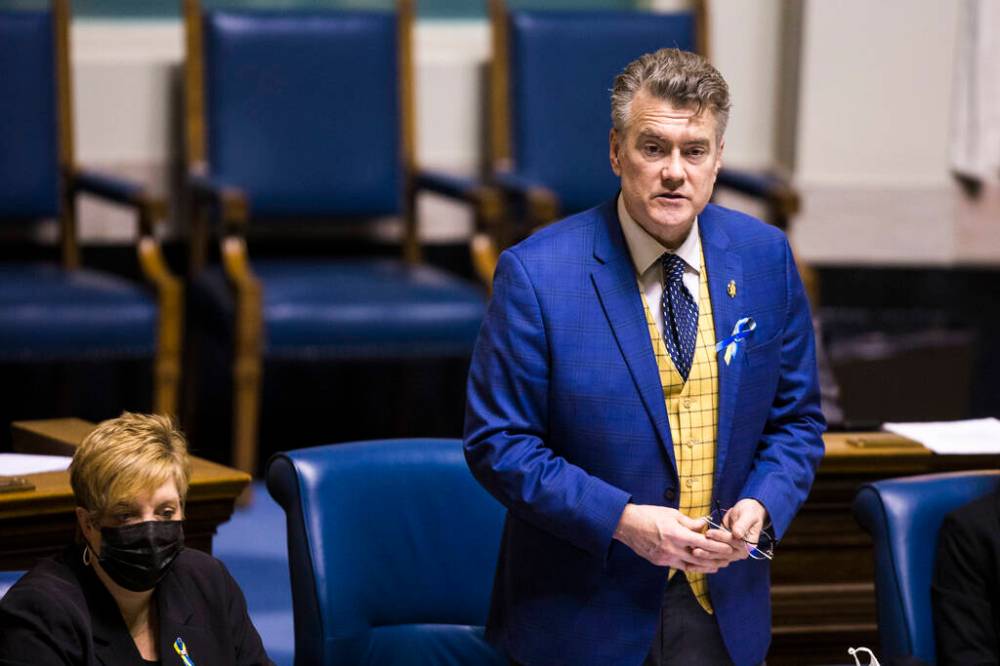
“My main concern is people are going to die unnecessarily because the PCs aren’t listening to public health,” he said.
Lamont and Winnipeg critical-care physician Dr. Doug Eyolfson said the vaccine mandate for health-care, daycare and education workers should continue.
“There is no reason to get rid of that requirement,” said Eyolfson, a former Liberal member of Parliament.
He is worried about people who have chronic conditions and children who are too young to be vaccinated.
“The provincial government is taking a very dangerous gamble,” he said.
The province recommends people who are moderately to severely immunocompromised receive four doses of a vaccine. The fourth dose should be given five or six months after the third, depending on age or background.
Wright said Manitoba should cut the wait to as little as three months.
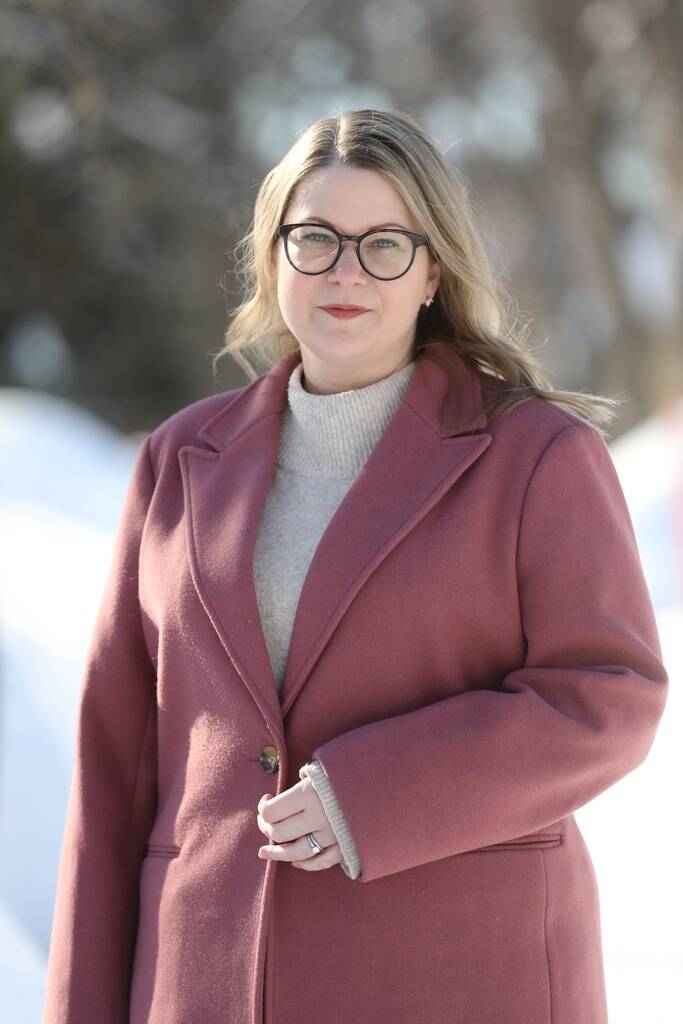
She and the others urged Manitobans to consider vulnerable people and continue to follow basic precautions, including getting vaccinated, wearing masks, limiting contact and staying home when ill, to reduce the spread of the virus.
“We’re all very tired and we want this to be over,” said Wright. “I hope people scrape together a little bit of kindness to get us through this next little bit.”
Doctors Manitoba launched a website, NewCOVIDNormal.ca, to explain the risks to Manitobans.
“As pandemic protections are eased, please remember that there’s still a significant risk and a need to take precautions,” its president, Dr. Kristjan Thompson, said in a statement. “COVID continues to circulate widely.”
People who are at higher risk should keep their guard up and speak to their doctor about how to protect themselves, say charities that support them.
“Lifting the precautions early means more people getting COVID,” said Neil Johnston, president and CEO of the Lung Association of Manitoba.
“Lifting the precautions early means more people getting COVID.” – Neil Johnston, president and CEO of the Lung Association of Manitoba
Dana Erickson, CEO of Manitoba Possible, formerly the Society for Manitobans with Disabilities, said parents of immunocompromised children are feeling anxious.
“Families can’t be locked up in their house,” he said.
The Canadian Cancer Society has urged provinces and territories to take steps to prevent potential future waves.
“The fewer COVID-19 cases there are, the more likely it is that those with cancer will receive the uninterrupted care they need,” said regional manager Angeline Webb.
chris.kitching@freepress.mb.ca
Twitter: @chriskitching
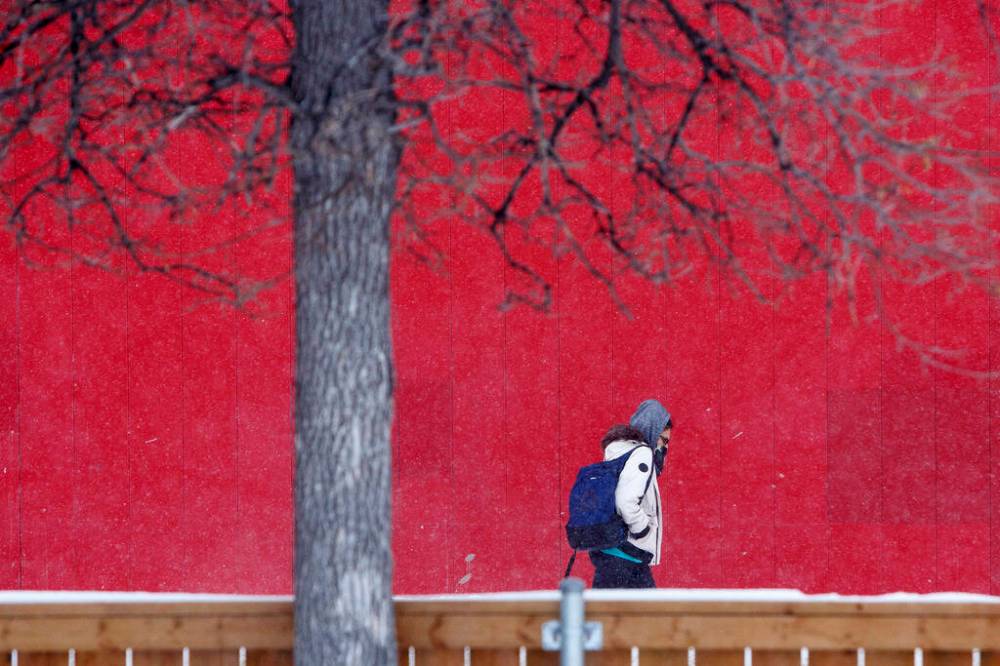
As a general assignment reporter, Chris covers a little bit of everything for the Free Press.
Our newsroom depends on a growing audience of readers to power our journalism. If you are not a paid reader, please consider becoming a subscriber.
Our newsroom depends on its audience of readers to power our journalism. Thank you for your support.
History
Updated on Wednesday, March 2, 2022 7:15 PM CST: fixes typo


